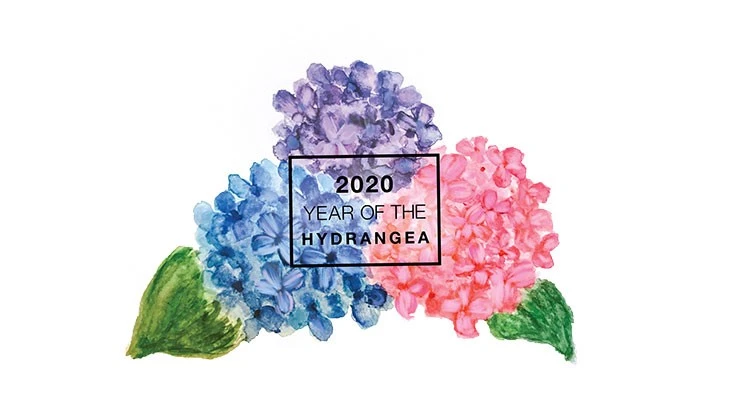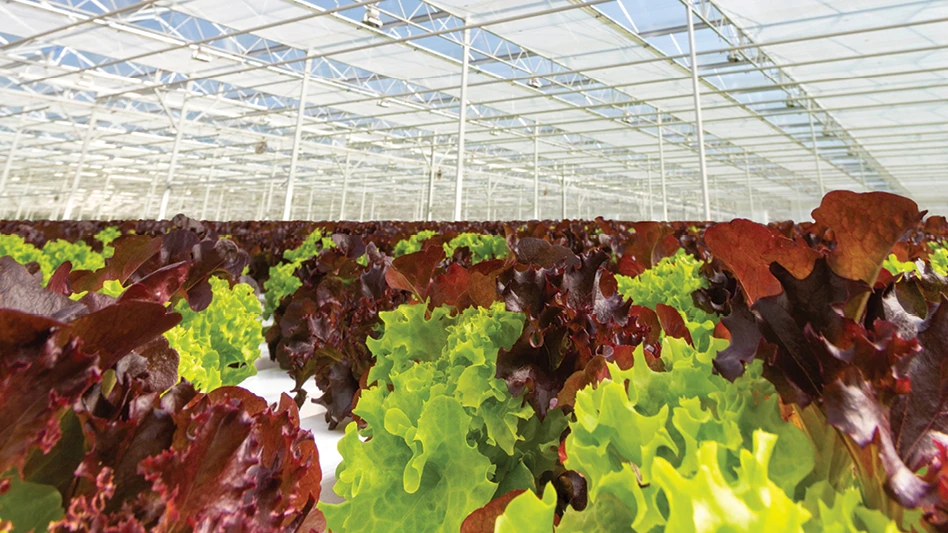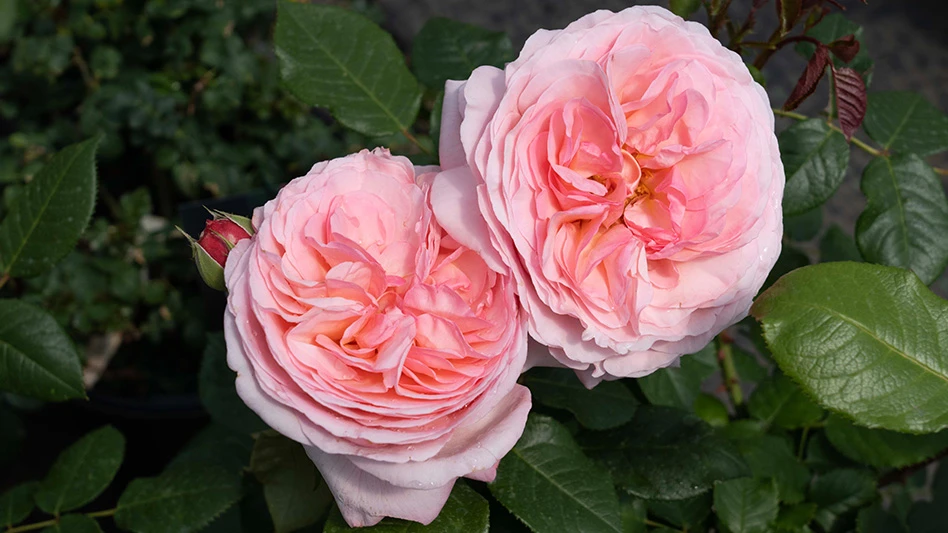
National Garden Bureau, the non-profit organization promoting gardening in North America on behalf of the horticulture industry and its members, has announced the four plant classes that will be featured in the 2020 “Year of the” program.
For the bulb crop, 2020 will be the Year of the Iris. For annuals, 2020 will be the Year of the Lantana.For edibles, 2020 will be the Year of the Corn. For perennials, 2020 will be the Year of the Lavender.
And, new for 2020: For flowering shrubs, 2020 will be the Year of the Hydrangea.
The “Year of the” program chooses crops specifically for the North American market that are easy to grow, genetically diverse, and with a lot of new breeding to showcase. Breeders, brokers, seed companies, growers and garden centers throughout the U.S. and Canada are urged to highlight these flowers and plants when planning their marketing for the 2020 season as the publicity generated from this program is substantial.
Both members and non-members are encouraged to take advantage of the publicity this program generates by using the attached logos in their 2020 catalogs, websites, advertisements and other marketing materials.

By Nov. 1, National Garden Bureau will have photos of numerous varieties of all five crops (provided by NGB members) posted on its website. NGB also provides PDF’s of fact sheets, flyers, handouts, signage, poster, PowerPoint presentations, etc. After November 1st, all of the above can be downloaded at no charge from the NGB website. These tools will help the North American home garden industry promote the crops to consumers and encourage gardening with these specific crop classes.
Latest from Greenhouse Management
- North Carolina Nursery & Landscape Association announces new executive vice president
- Plant Development Services, Inc. unveils plant varieties debuting in 2025
- Promo kit available to celebrate first National Wave Day on May 3
- Applications now open for American Floral Endowment graduate scholarships
- Endless Summer Hydrangeas celebrates 20 years with community plantings
- Invest in silver
- Garden Center magazine announces dates for 2025 Garden Center Conference & Expo
- USDA launches $2 billion in aid for floriculture growers





